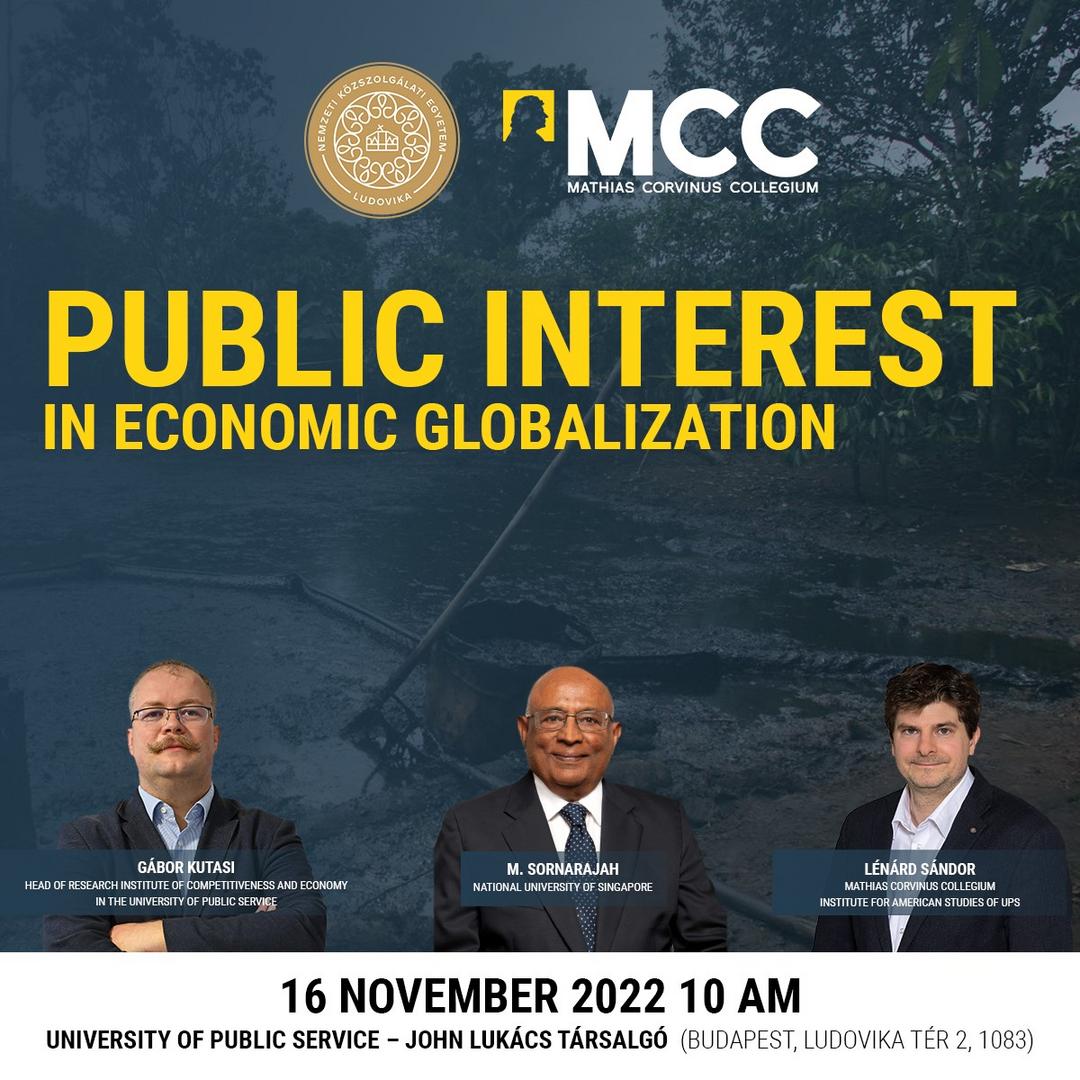
The international legal debates of whether foreign or transnational economic activities should be governed by local regulations or by external rules lies far back in the past. But as a result of the widespread dominance of the neoliberal economic theory since at least the 1990s, international economic law has been shaped in a way that favors transnational economic interests over the regulatory powers of States. For example, international investment tribunals have extensive powers to review and discipline a country for the conduct of its national decision-making body and public policy. This is a very significant shift of authority from the sovereign to international tribunals that exercise review power over the control of financial institutions as well as of vital natural resources such as electricity or power generation. What are the consequences of the erosion of regulatory powers of States around the world? How does the situation of Central-European countries look like? How should the international economic treaties be reformed to guarantee regulatory space necessary to protect public interests? These and similar questions are to be addressed by M. Sornarajah, world-renowned Professor of Law at the National University of Singapore and Gábor Kutasi, associate professor and head of Research Institute of Competitiveness and Economy in the University of Public Service in a conversation with Lénárd Sándor, Head of Center of International Law at the Mathias Corvinus Collegium.